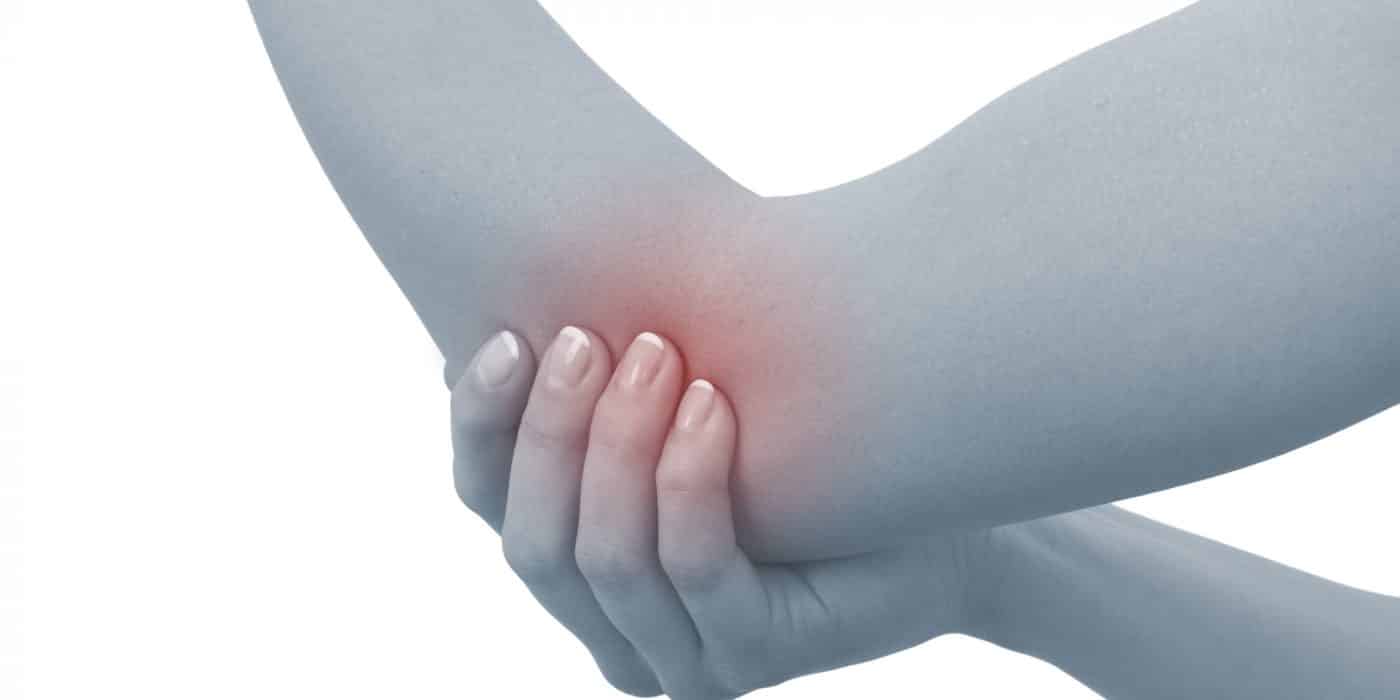How many times have you seen something called as “inflammatory”? From Omega-6 fats to stress to sugar, everything bad seems to cause inflammation – but what actually is inflammation and why is it such a problem? And if it is so dangerous, why do our bodies keep doing it in response to everything which they don’t like?
Here’s a run-down in the plain language of how inflammation works and why it can be dangerous.

Is inflammation good?
Think of what happens when you get a splinter: if you leave the splinter in there, the whole area turns red and gets a little puffy. That’s inflammation at work, but it’s not actually bad news; it’s just your immune system essentially rushing help to the area to fight any viruses or bacteria that might have gotten in. In the case of a cut or in the case of a splinter, you want that help there: it will keep any pathogens out of your body so they won’t make you sick. That inflammation is a good thing.
It’s not completely bad!
But now imagine if you kept stabbing yourself with splinters in the same spot, or kept training every single day without getting enough rest time to let your body repair between workouts. The inflammation would never go down because you’d constantly be re-injuring yourself.
That’s exactly what happens if you keep irritating your gut lining (for example, with foods you’re sensitive to). The injury is constantly being repeated, three meals a day (or more, if you’re a snacker), 365 days a year.
Other sources of chronic inflammatory stress include
Psychological stress (a job you hate, money problems, social isolation, unemployment, caring for a loved one with a serious disease…)
Excess Omega-6 fats (read: soy and soy products, peanut oil, excess nuts) or inadequate Omega-3s.
Sleep deprivation
The initial response to a pathogen or an injury is acutely inflammatory. In other words, it is brief, lasting several days or less. All sorts of things can cause an acute inflammatory response. Here are a few:
- Trauma (punch, kick, golf ball to the head)
- Infection by pathogens (bacterial, viral)
- Burn (the sun, fire, seatbelt buckle on a summer day)
- Chemical irritants
- Frostbite
- Stabbing/Cut/Laceration
- Allergic reaction.
Home remedies for inflammation
Turmeric & Ginger Tea

Turmeric and ginger both are anti-inflammatory and these both will help with oseto and rheumatoid arthritis. Turmeric, in particular, has gotten a lot of attention lately. It has few active ingredients which are something called curcumin and is a more powerful antioxidant. In addition, it lowers the levels of 2 enzymes which are responsible for causing inflammation. You can take these in a capsule form or make a nice spicy tea to enjoy daily.
- Take 2 cups of water
- Take 1/2 teaspoon ground ginger
- Take 1/2 teaspoon ground turmeric
- Take Honey to add taste.
Directions
Take 2 cups of water to a boil, and add ½ teaspoon each ground ginger and ground turmeric. Reduce to it a simmer and let it be for 10-15 minutes. Strain it, add a tablespoon of honey to taste, and enjoy twice daily. This will yield 2 servings.
Epsom salt soak

Epsom salt generally contains magnesium sulfate which sounds kind of scary, but it is really quite a wonderful substance. A naturally occurring mineral, magnesium sulfate has been used to get relief from pain for years, namely because of its high levels of magnesium.
- Take 1/2 cup of Epsom salt
- Take a large bowl
- Take Warm water.
Directions
Fill a large bowl with warm water and add ½ cup of Epsom salt to it. Stir it around, and then submerge your sore joints in the liquid. If you are experiencing pain in a less convenient place to soak, such as your knees, try taking a bath with Epsom salts. Run a tub full of warm water and add 2 cups of Epsom salt. Soak for 15 minutes.
Dandelion Leaves

These are incredibly high in vitamins A and C, dandelion leaves also help to repair damaged tissue and help the liver clear toxins out of the blood. Studies, although limited, have also shown anti-inflammatory properties due to the linoleic and linoleic acid in them. Because of its involvement with immune responses, dandelion shows great potential when it comes to treating rheumatoid arthritis in particular. You can also enjoy dandelion leaves in form of nice salad, or brew tea with them.
- Take 3 teaspoons of fresh dandelion leaves or 1 teaspoon of dried
- Take 1 cup of boiling water
- Take a handful of fresh leaves (if making a salad)
- Take a dash of extra virgin olive oil (if making a salad).
Directions
For fresh dandelion tea, step 3 teaspoons of fresh leaves or 1 teaspoon dried in 1 cup of boiling water. Strain and drink twice daily. Dandelion tea is very bitter…you have been warned! You can add honey to sweeten it up if you would like.
Inflammation is associated with some of the worst health problems out there including heart disease, cancer, and autoimmune diseases like multiple sclerosis and rheumatoid arthritis. While acute inflammation is a helpful process for the body when you have an injury such as cutting your finger or spraining your ankle, chronic inflammation is detrimental. Follow these remedies to reduce inflammation.


Nice info…
Thanks for liking my article
Can you suggest something that relieves the burning and numbness caused by idiopathic peripheral neuropathy?
I’ve been taking alpha lipoic acid for years and have recently added B-12 vitamin but I need something more or different. Have read about B-Alpha Lipoic acid but at this point I’m not sure that anything will work? Any suggestion will be appreciated.
Thank you
Hi Gloria yes you should try B- ALA for the same it should help